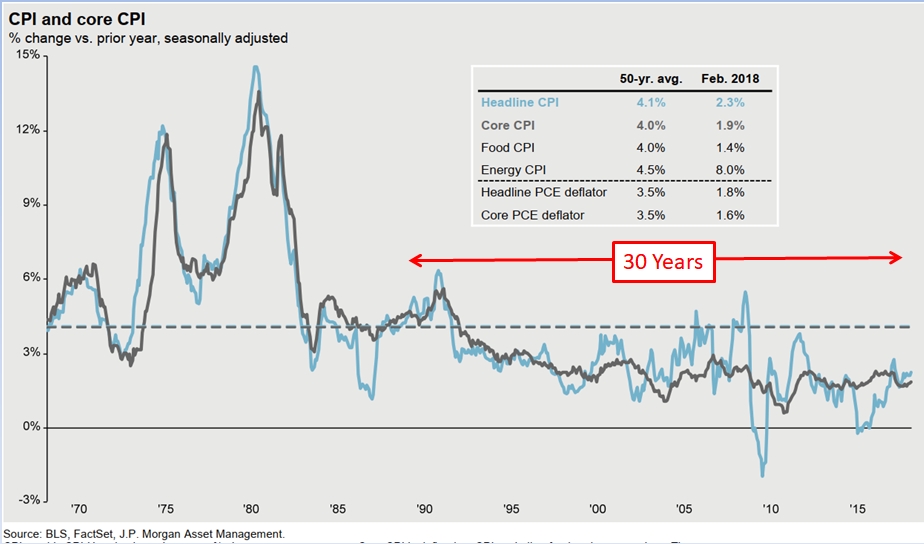ranchoparque
Dryer sheet aficionado
- Joined
- Jan 24, 2008
- Messages
- 32
I have holdings in VMLUX (limited term tax exempt) which currently has a yield of 1.89% as per Morningstar.
I wanted to compare it to a CD which has a yield of 2.25%
I am in the 22% marginal tax rate bracket.
I live in California which is a high state income tax state 9.3% (the bond fund is only Federally tax exempt)
This is not money that I need to withdraw anytime soon so I could keep it in the bond fund for several years
Would I be better off in the long run putting the money I have in a CD?
Any insight would be appreciated
I wanted to compare it to a CD which has a yield of 2.25%
I am in the 22% marginal tax rate bracket.
I live in California which is a high state income tax state 9.3% (the bond fund is only Federally tax exempt)
This is not money that I need to withdraw anytime soon so I could keep it in the bond fund for several years
Would I be better off in the long run putting the money I have in a CD?
Any insight would be appreciated


